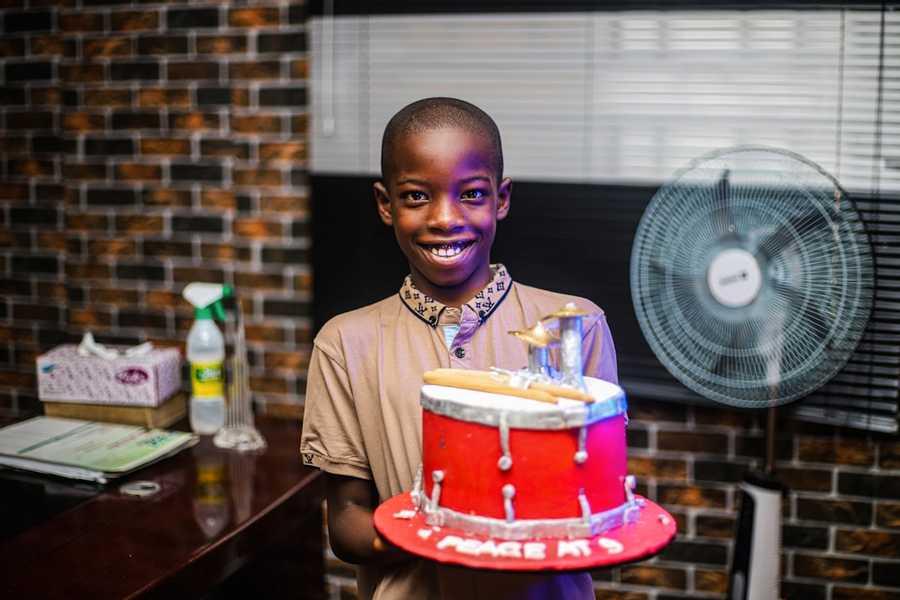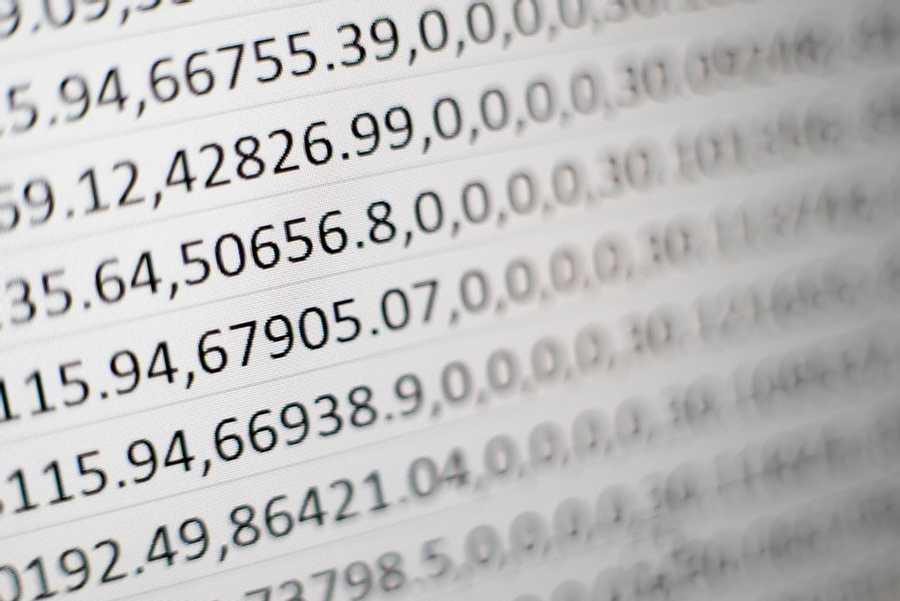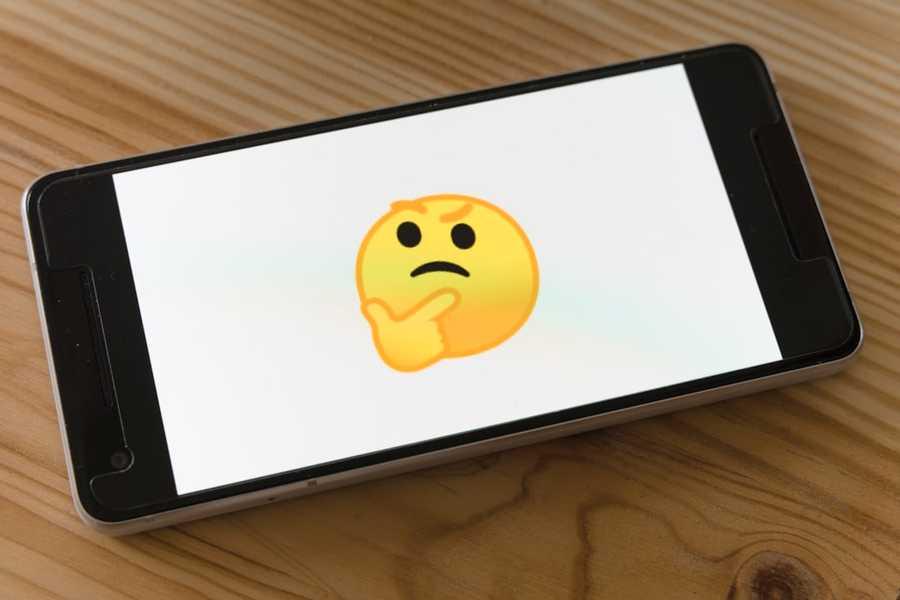Explore the World's Best Ideas
Join today and uncover 100+ curated journeys from 50+ topics. Unlock access to our mobile app with extensive features.
The Birthday Paradox
How many people do you think it would take to survey, on an average, to find two people who share the same birthday?
Well, with the help of probability, sometimes an event is 'more likely to occur' than we believe it to. In this case, If you survey a random group of just 23 people there is actually about a 50–50 chance that two of them will have the same birthday. This is known as the birthday paradox. Don't believe it's true? You can test it and see mathematical probability in action!
7
507 reads
Background
The birthday paradox, also known as the birthday problem, states that in a random group of 23 people, there is about a 50 percent chance that two people have the same birthday. Is this really true? There are multiple reasons why this seems like a paradox. One is that when in a room with 22 other people, if a person compares his or her birthday with the birthdays of the other people it would make for only 22 comparisons—only 22 chances for people to share the same birthday.
7
114 reads
But the chances are much more than expected.
But when all 23 birthdays are compared against each other, it makes for much more than 22 comparisons. How much more? Well, the first person has 22 comparisons to make, but the second person was already compared to the first person, so there are only 21 comparisons to make. The third person then has 20 comparisons, the fourth person has 19 and so on. If you add up all possible comparisons (22 + 21 + 20 + 19 + … +1 ) the sum is 253 comparisons, or combinations. Consequently, each group of 23 people involves 253 comparisons, or 253 chances for matching birthdays.
7
118 reads
IDEAS CURATED BY
Dental Student🦷 An aspiring Doctor striving towards the path of righteousness.⚕
Syed Princy's ideas are part of this journey:
Learn more about communication with this collection
The role of coffee in social interactions
Different types of coffee and their preparation
The impact of coffee on society and economy
Related collections
Similar ideas
3 ideas
A Scientific Theory of Humor
scientificamerican.com
1 idea
Why Your Brain Needs More Downtime
scientificamerican.com
4 ideas
Moving in Sync Creates Surprising Social Bonds among People
scientificamerican.com
Read & Learn
20x Faster
without
deepstash
with
deepstash
with
deepstash
Personalized microlearning
—
100+ Learning Journeys
—
Access to 200,000+ ideas
—
Access to the mobile app
—
Unlimited idea saving
—
—
Unlimited history
—
—
Unlimited listening to ideas
—
—
Downloading & offline access
—
—
Supercharge your mind with one idea per day
Enter your email and spend 1 minute every day to learn something new.
I agree to receive email updates



